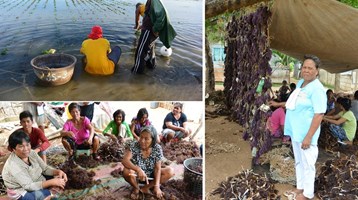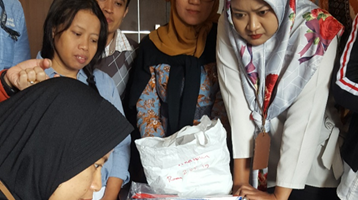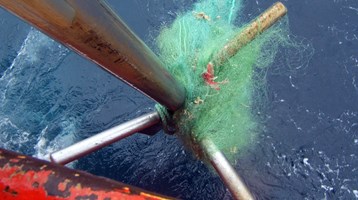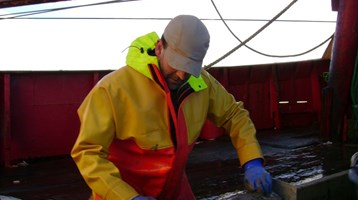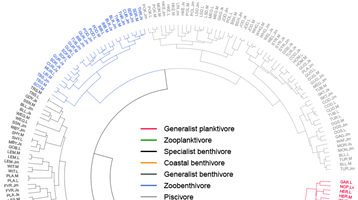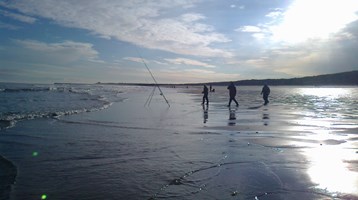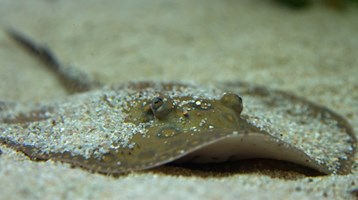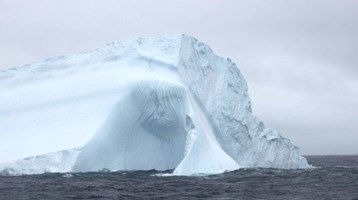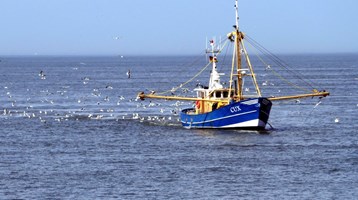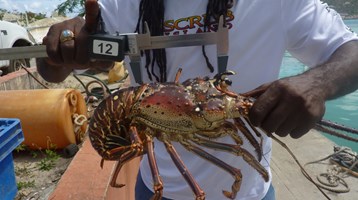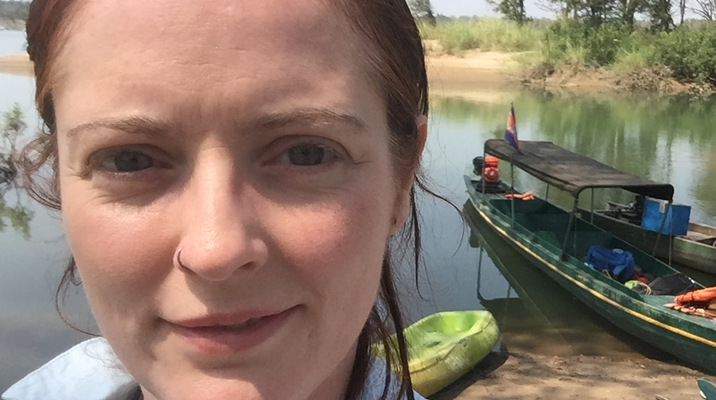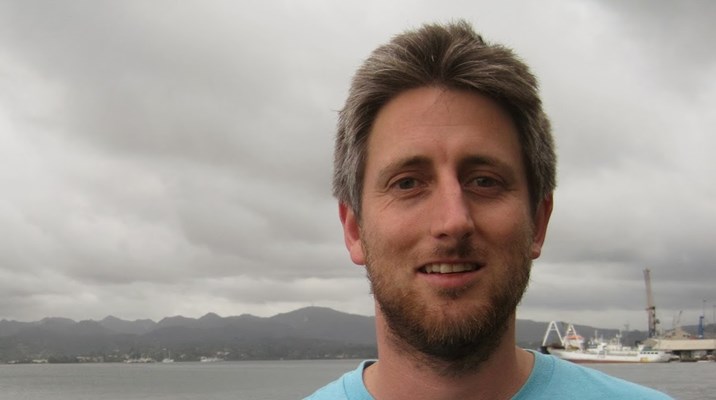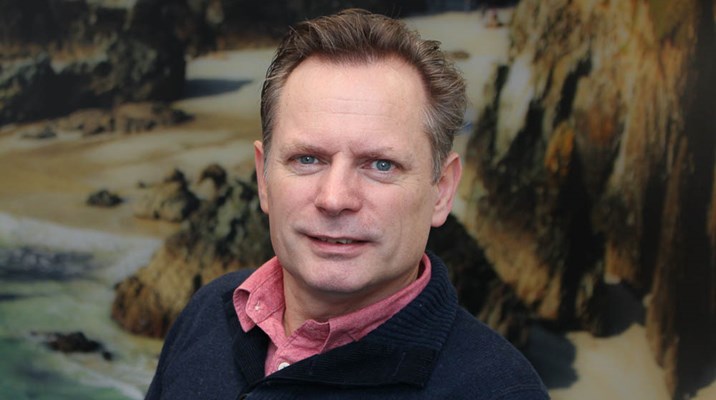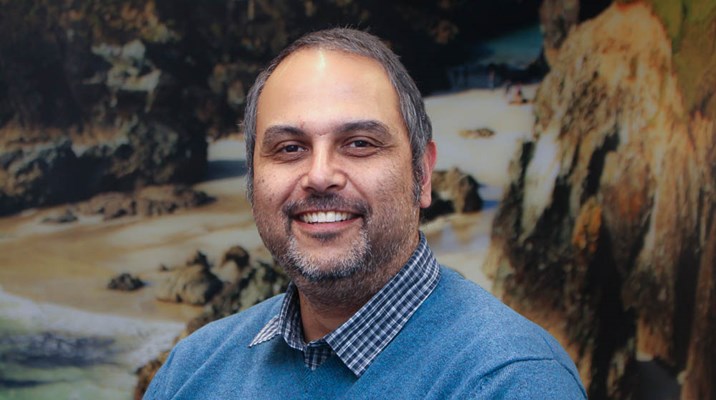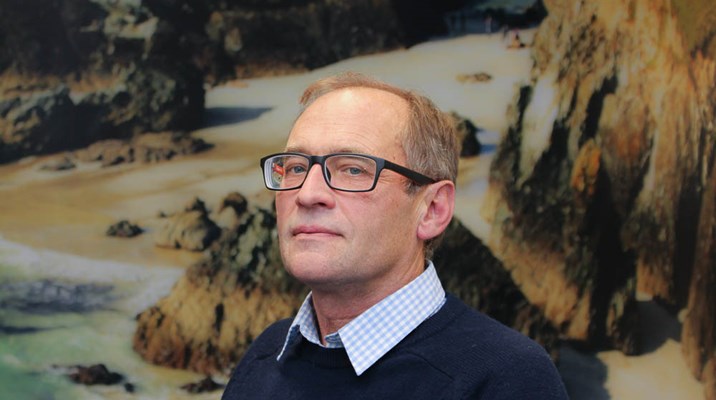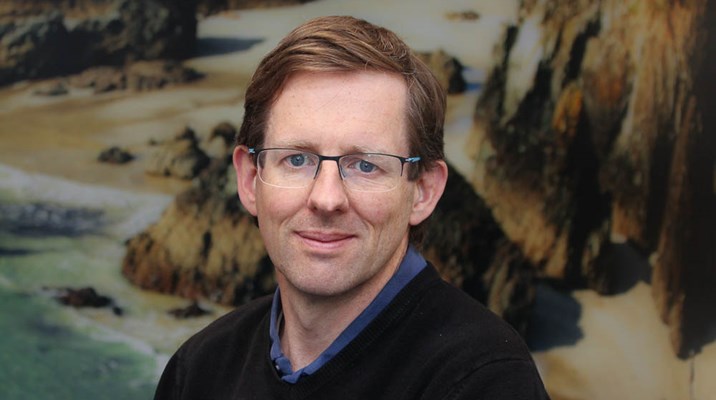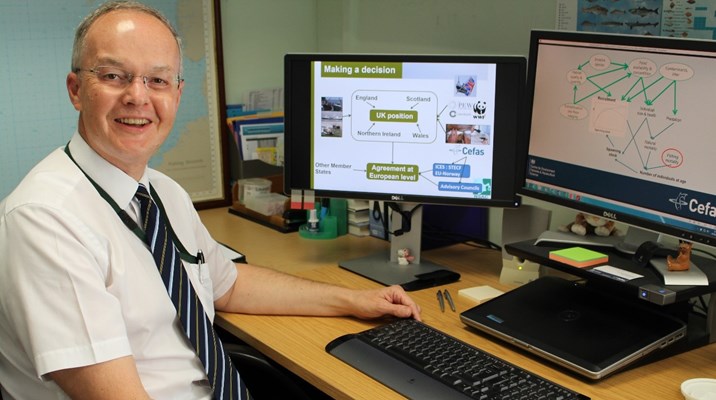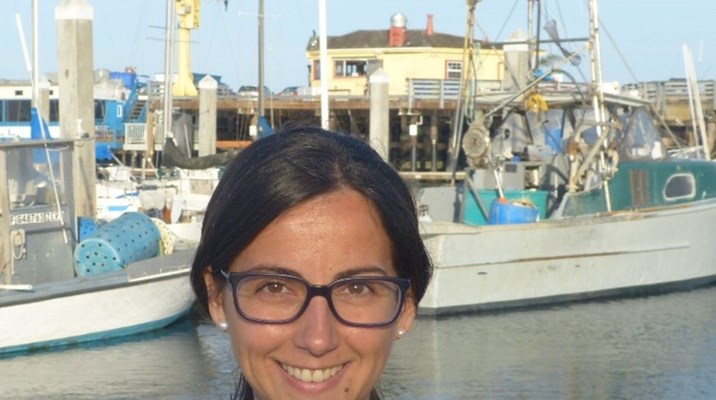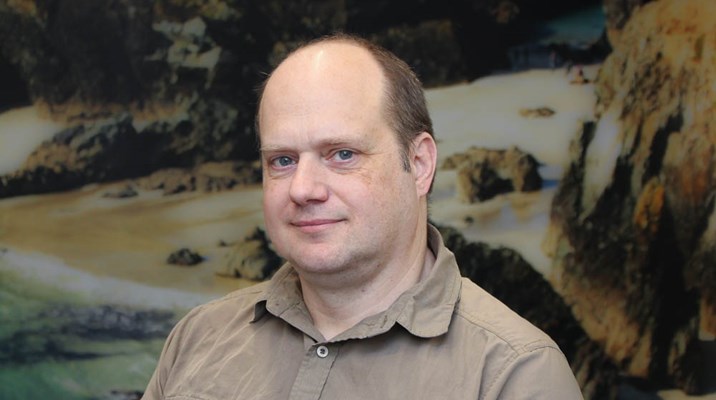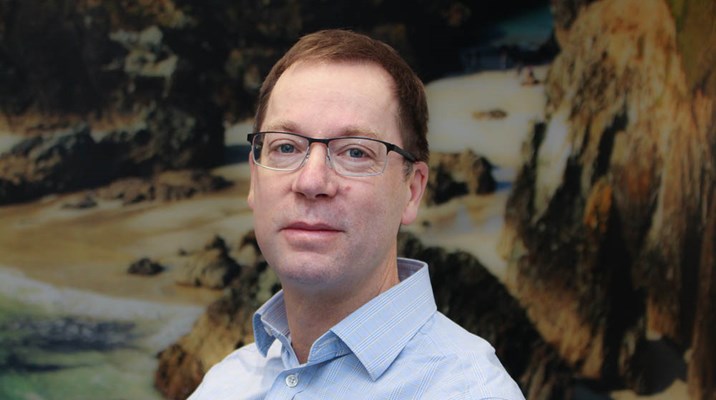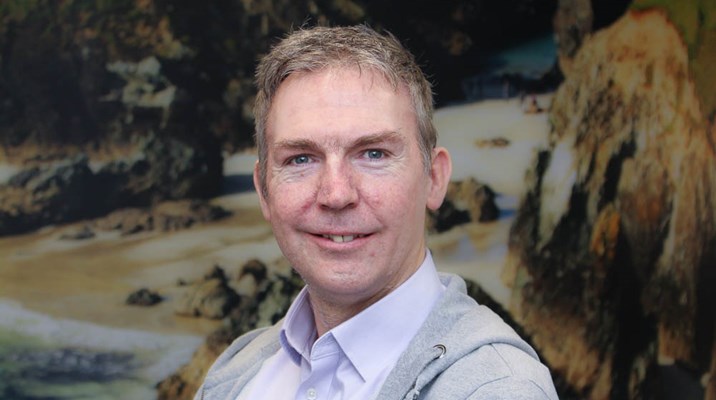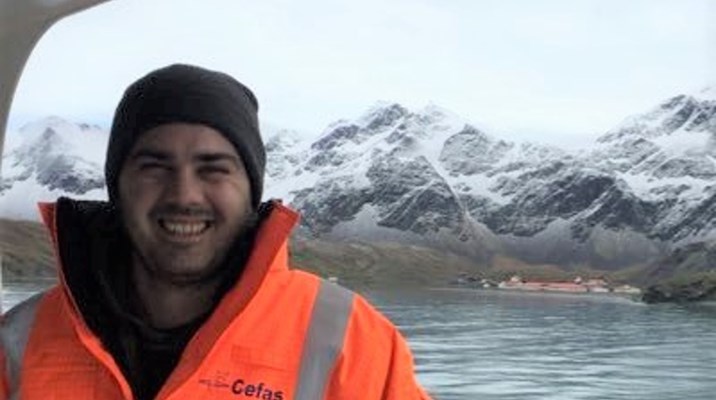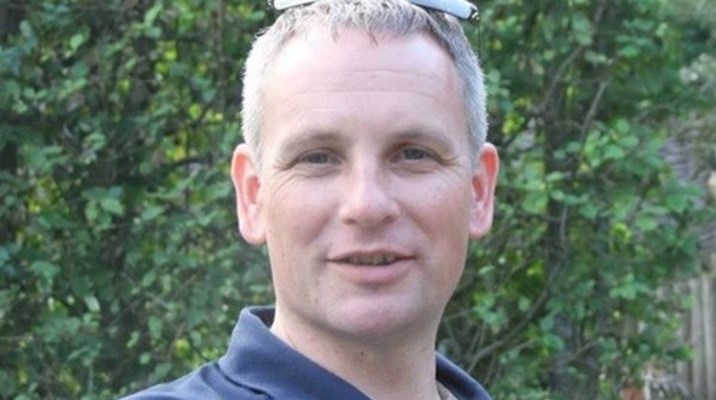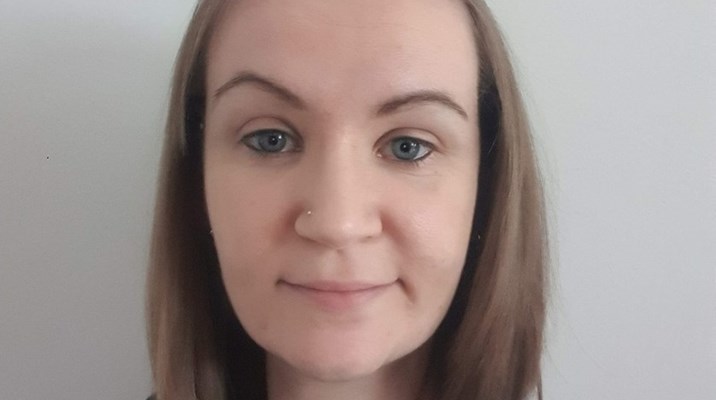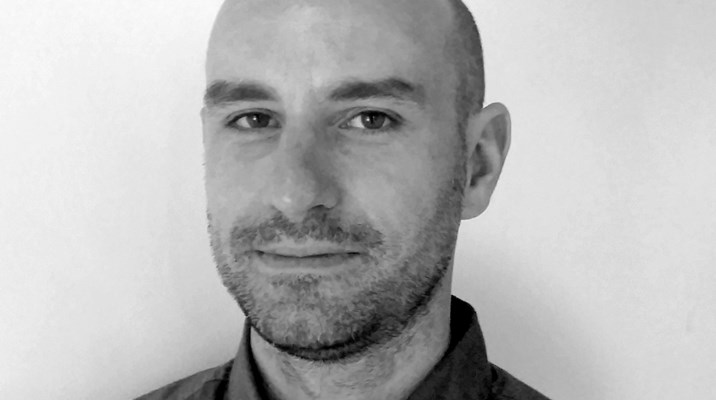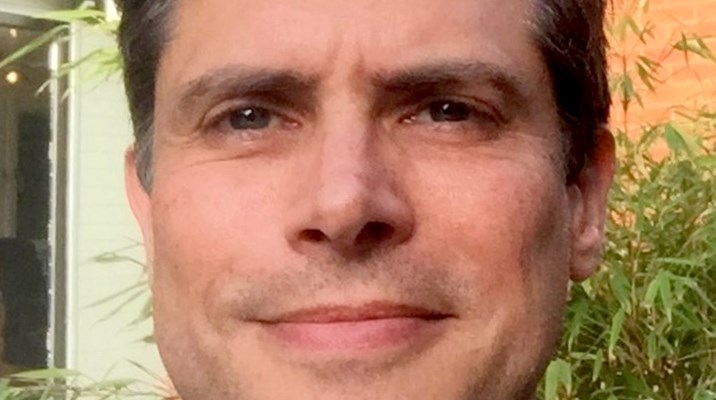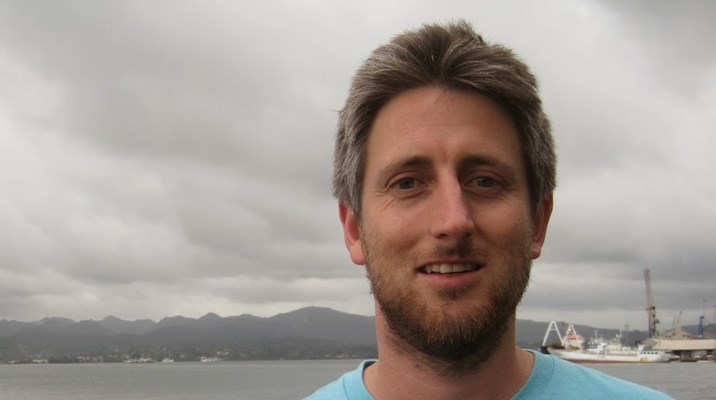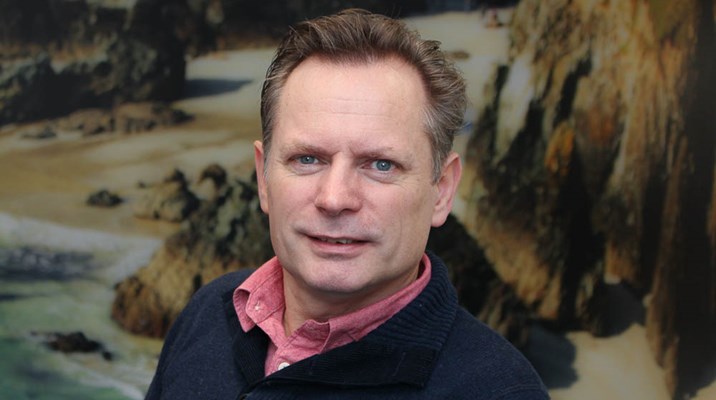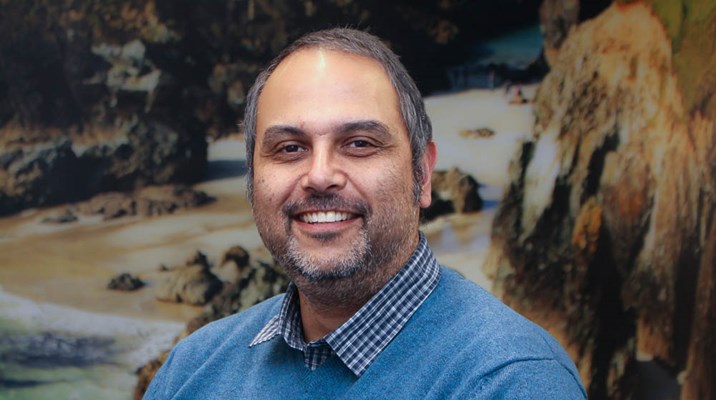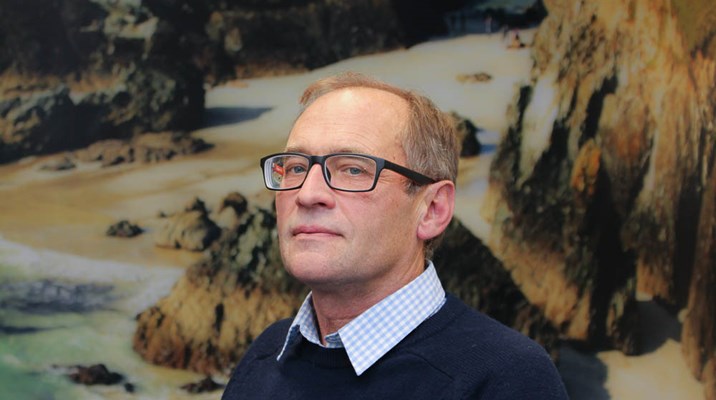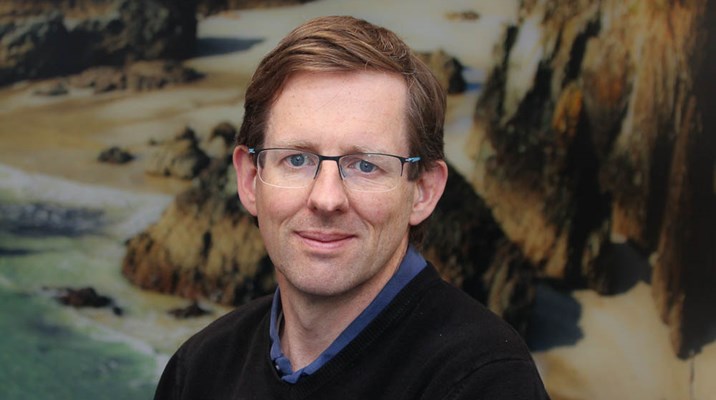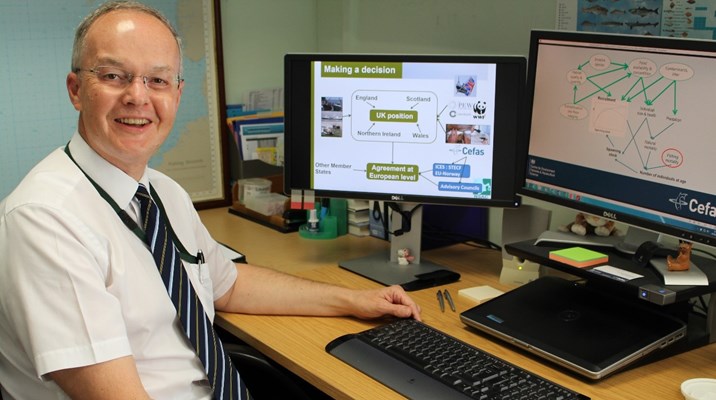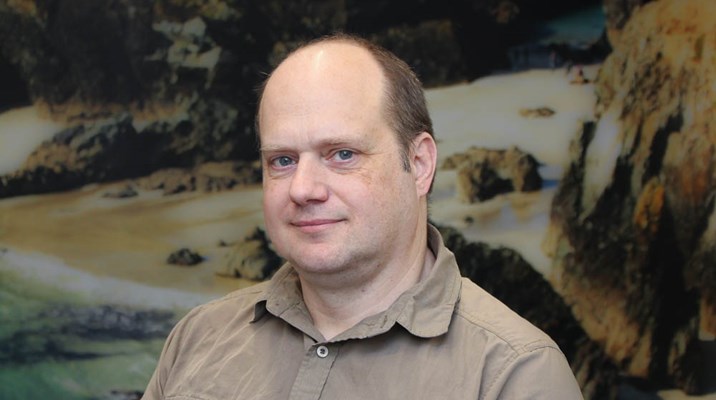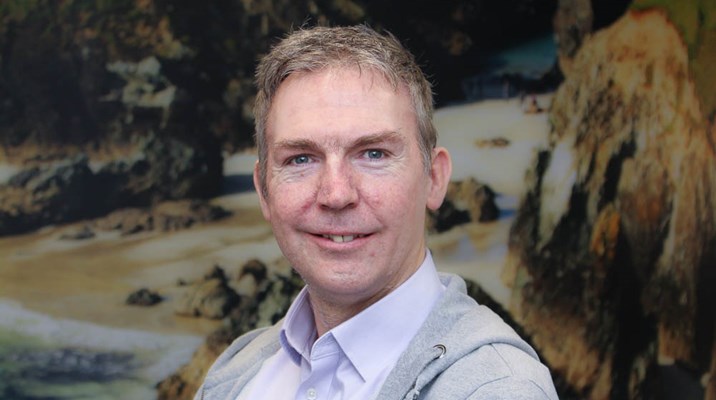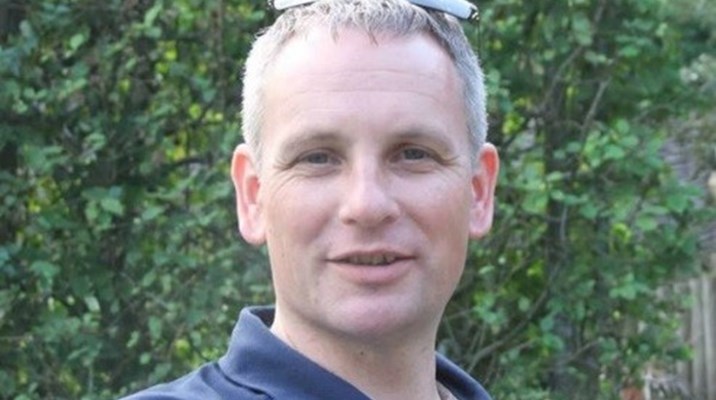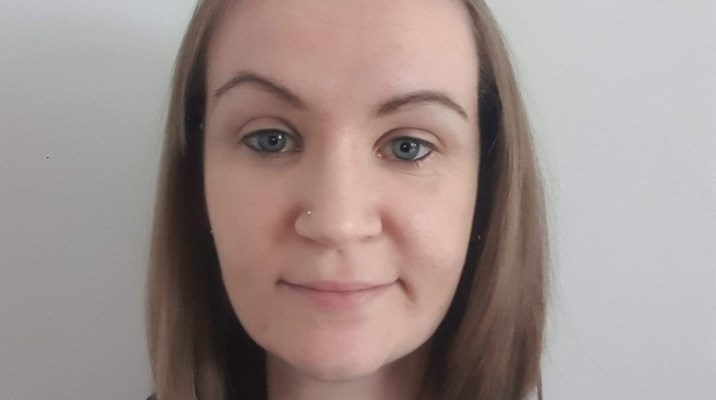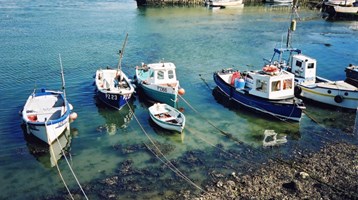Peter John Randall
Marine Litter Scientist (ALDFG)
Peter is a Marine Litter Scientist in the Monitoring group with a specialism in Abandoned Lost and otherwise Discarded Fishing Gear (ALDFG). Peter’s core work areas are ALDFG and exploring the viability of fishing gear with a controlled lifespan that is biodegradable in the marine environment and to improve the recycling of fishing gear at the end of its life.
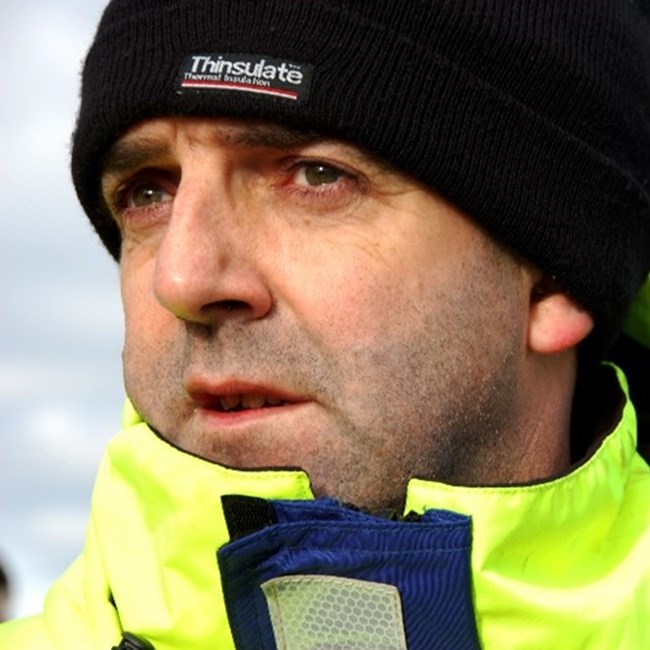
As a specialist in ALDFG Peter participated in the Expert Consultation on the “Marking of Fishing Gears” for the FAO and was the UK delegate at the subsequent Technical Consultation. The resultant “Voluntary Guidelines on the marking of fishing gear” were ratified at the 33rd meeting of the Committee on Fisheries.
Peter previously worked as a marine consultant. He joined Cefas in 2005 to work as a fisheries observer, gaining experience of the fishing industry, via the Data Collection Framework and various fishing industry specific research projects. From 2011 to 2021, Peter worked as a fisheries scientist focusing on co-operative research with the fishing industry.
Peter has extensive sea-going experience, ranging from commercial fishing (coastal to deep water) to multi-disciplinary research surveys. He has used his experience of catch sampling to train new staff and overseas organisations to conduct the role of Fishery Observer, ensuring the delivery of high-quality science while maintaining safety within a dangerous working environment.
Peter has contributed to Cefas research in the Middle East, participating in eMISK and the Integrated Fisheries Management Project for Dubai Municipality.
A qualified marine mammal observer, Peter has collaborated with the sea mammal research unit on Protected, Endangered, Threatened (PET) species Bycatch. Peter is also an A(SP)A personal licence holder and has conducted a number of fish tagging projects.
In recent years Peter’s focus has been on the provision of clear, defensible, scientific evidence for high discard survival rates to support any proposal for an exemption for selected species or fisheries from the landing obligation (discard ban). This high-profile research has led to changes in fisheries policy for UK government. His current role is providing advice and awareness on ALDFG, as well as being involved in the development of biodegradable alternative materials.
Research interests include: Abandoned Lost and otherwise Discarded Fishing Gear (ALDFG), prevention, mitigation, and cure, providing awareness/advice abroad. Biodegradable fishing gear: looking at gear innovation to reduce ALDFG. Protected, Endangered, Threatened (PET) species Bycatch. Estimating survival of discarded fish and shellfish caught in commercial fisheries. Fostering working relationships between scientists and fishermen.
Publications:
Highlighted Publications:
Randall, P. 2020. South African Marine Fisheries and Abandoned, Lost and Discarded Fishing Gear. Commonwealth Litter Programme - South Africa. Cefas Report pp30.
Fox, C. J., Albalat, A., Valentinsson, D., Nilsson, H. C., Armstrong, F., Randall, P., and Catchpole, T. 2020. Survival rates for Nephrops norvegicus discarded from Northern European trawl fisheries. ICES Journal of Marine Science, 77: 1698–1710.
Morfin, M., Kopp, D., Benoît, H. P., Méhault, S., Randall, P., Foster, R., and Catchpole, T. 2017. Survival of European plaice discarded from coastal otter trawl fisheries in the English Channel. Journal of Environmental Management, 204: 404–412.
Large, P. A., Graham, N. G., Roar-Hareide, N., Misund, R.t, Rihan, D. J. Mulligan, M. C., Randall, P. J., Peach, D. J., McMullen, P. H. and Harlay, X. (2009) Lost and abandoned nets in deep-water gillnet fisheries in the Northeast Atlantic: retrieval exercises and outcomes. http://icesjms.oxfordjournals.org/cgi/content/full/66/2/323.


